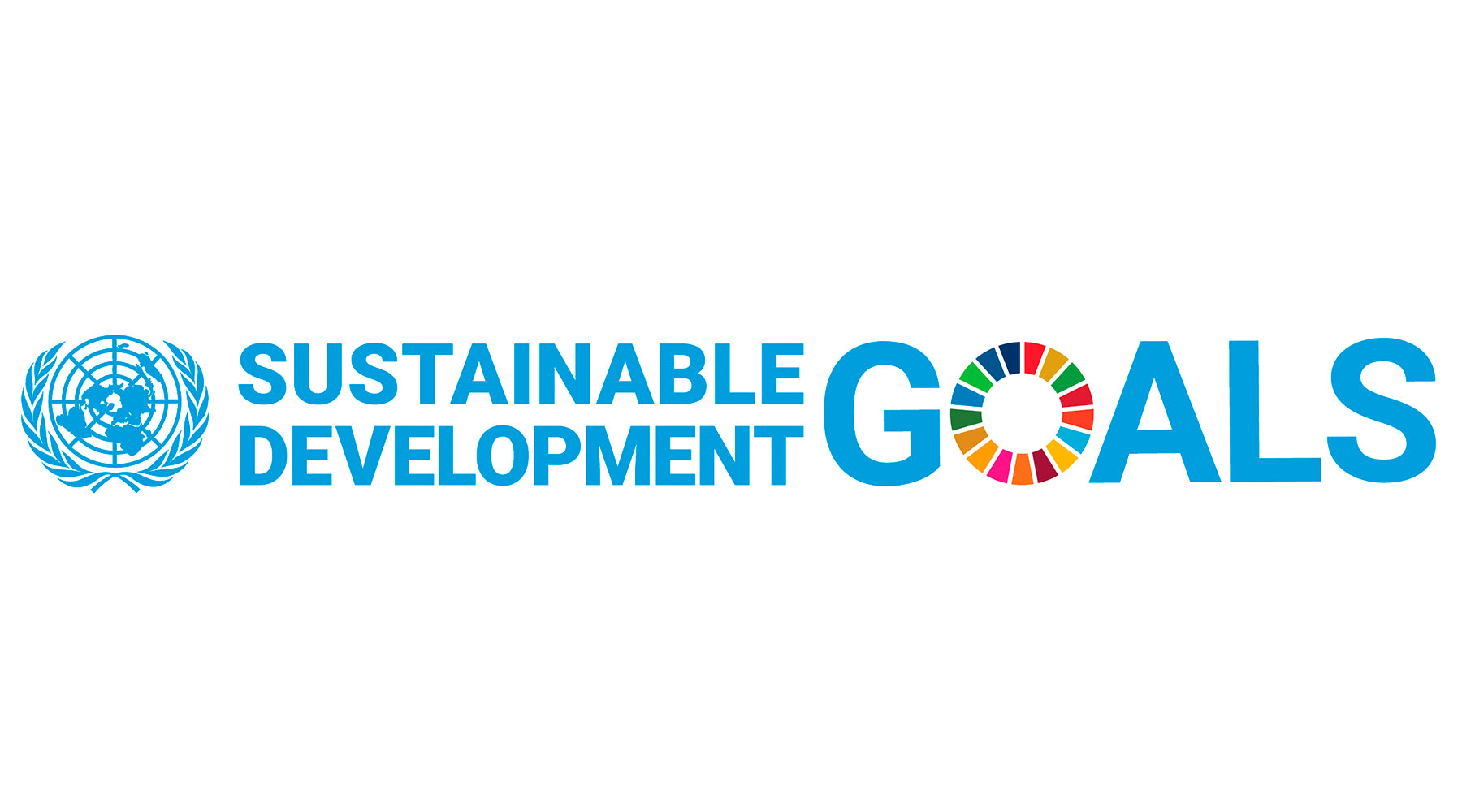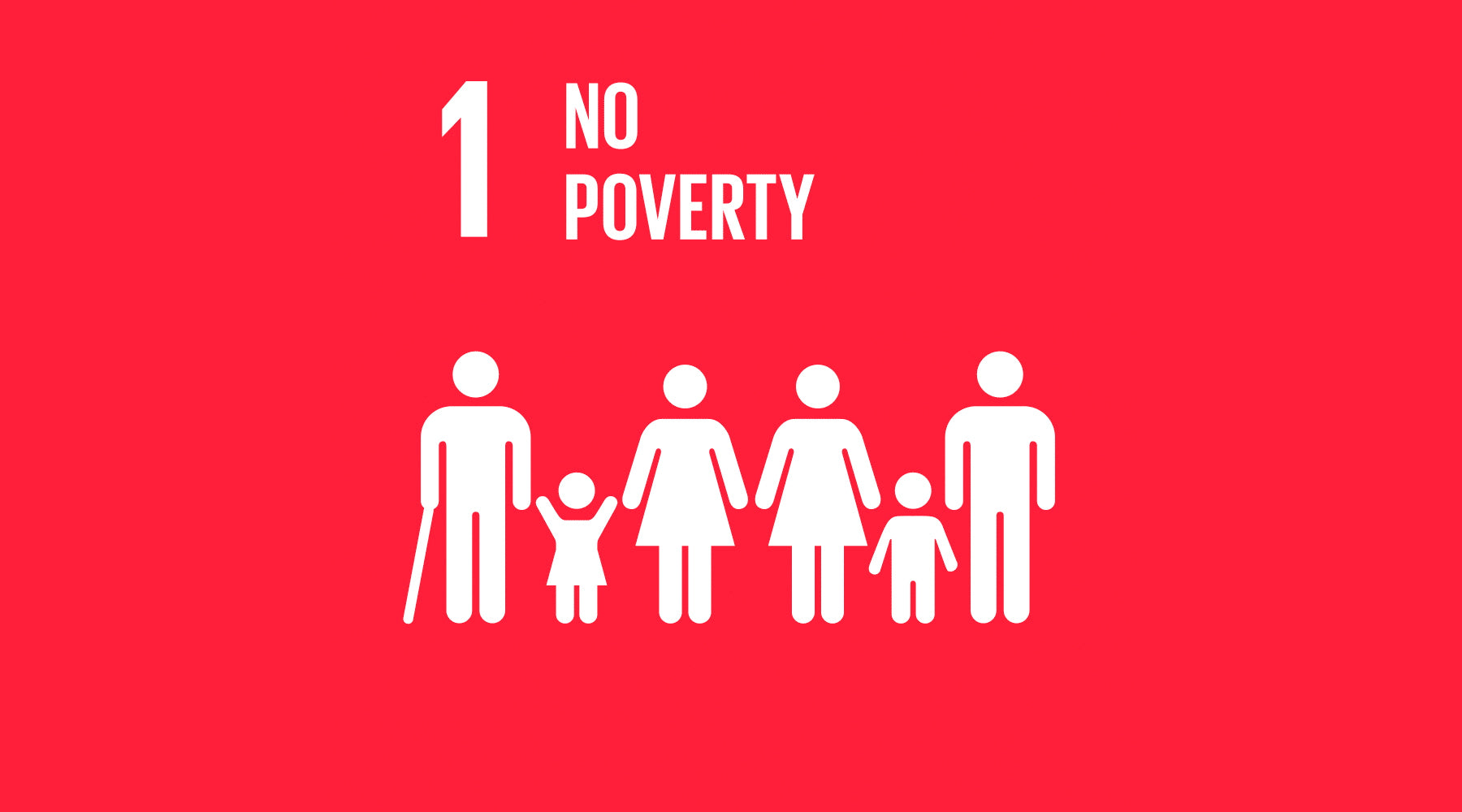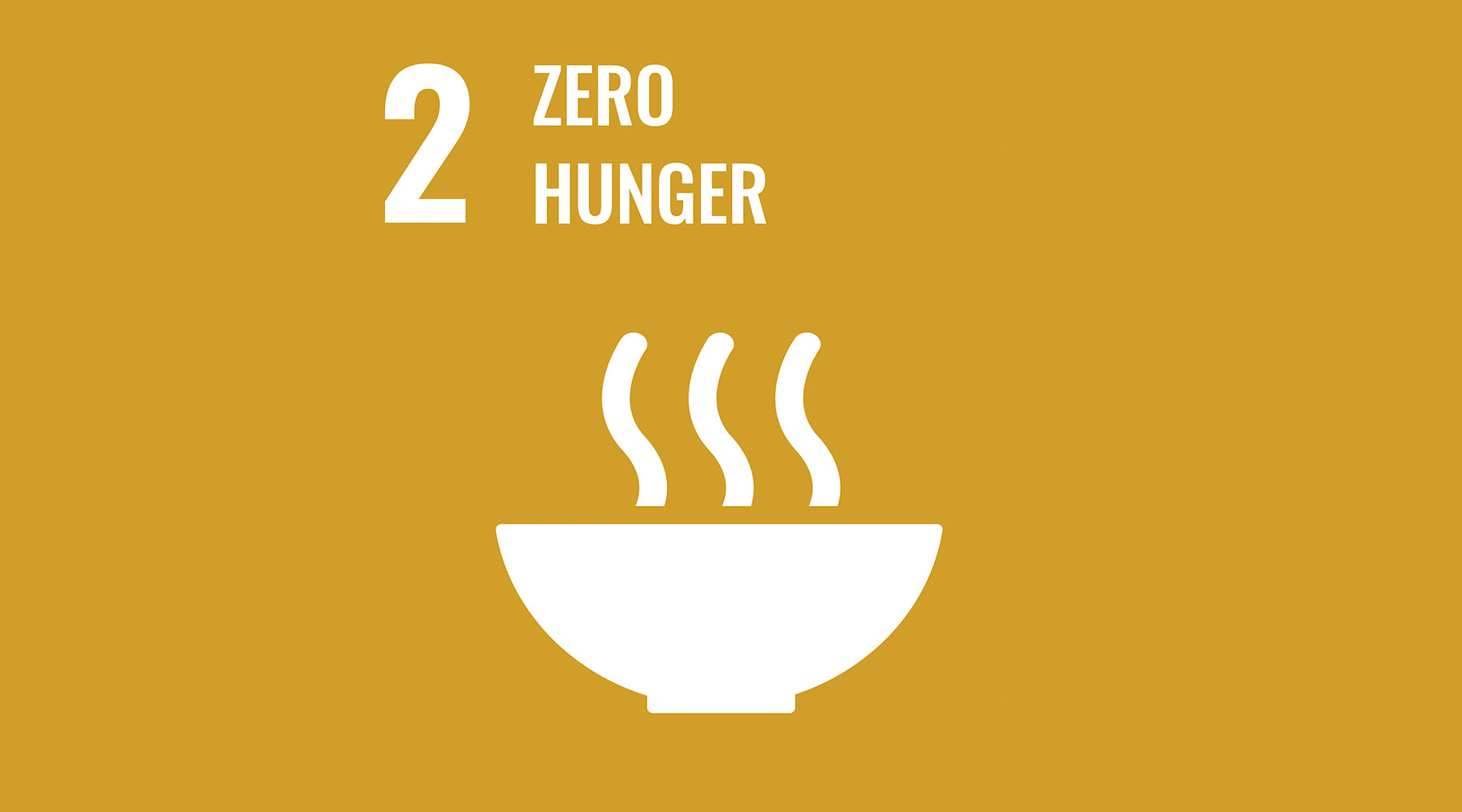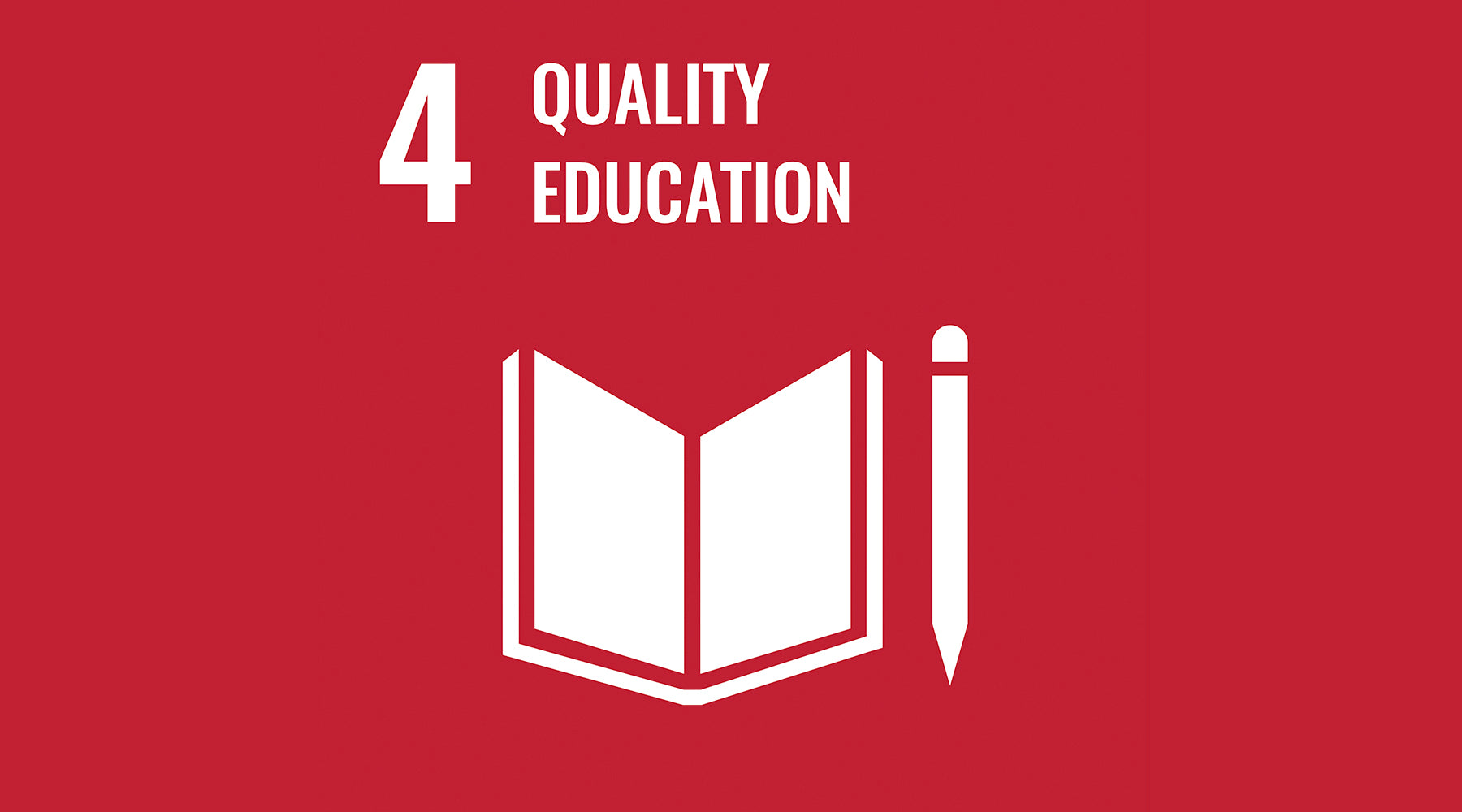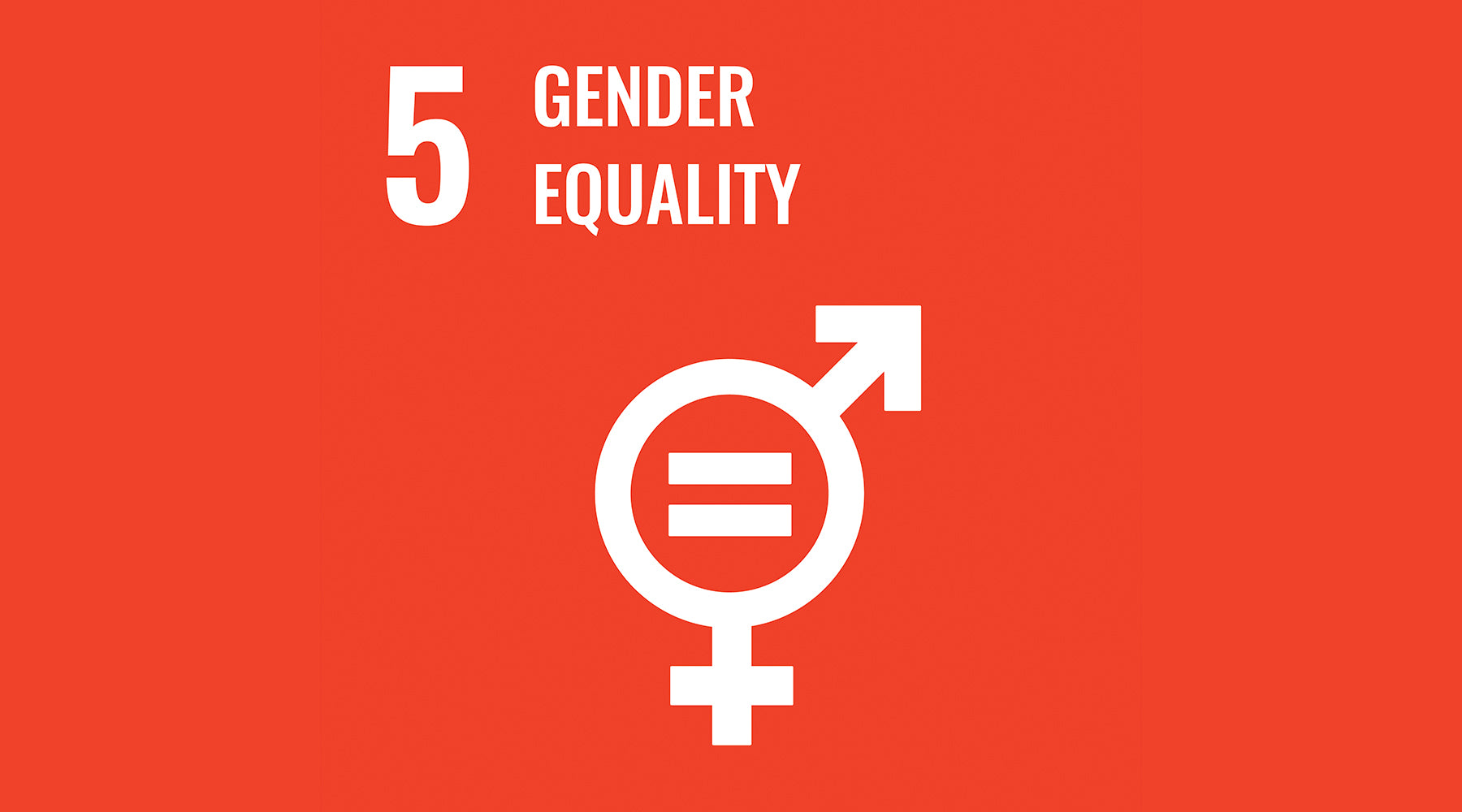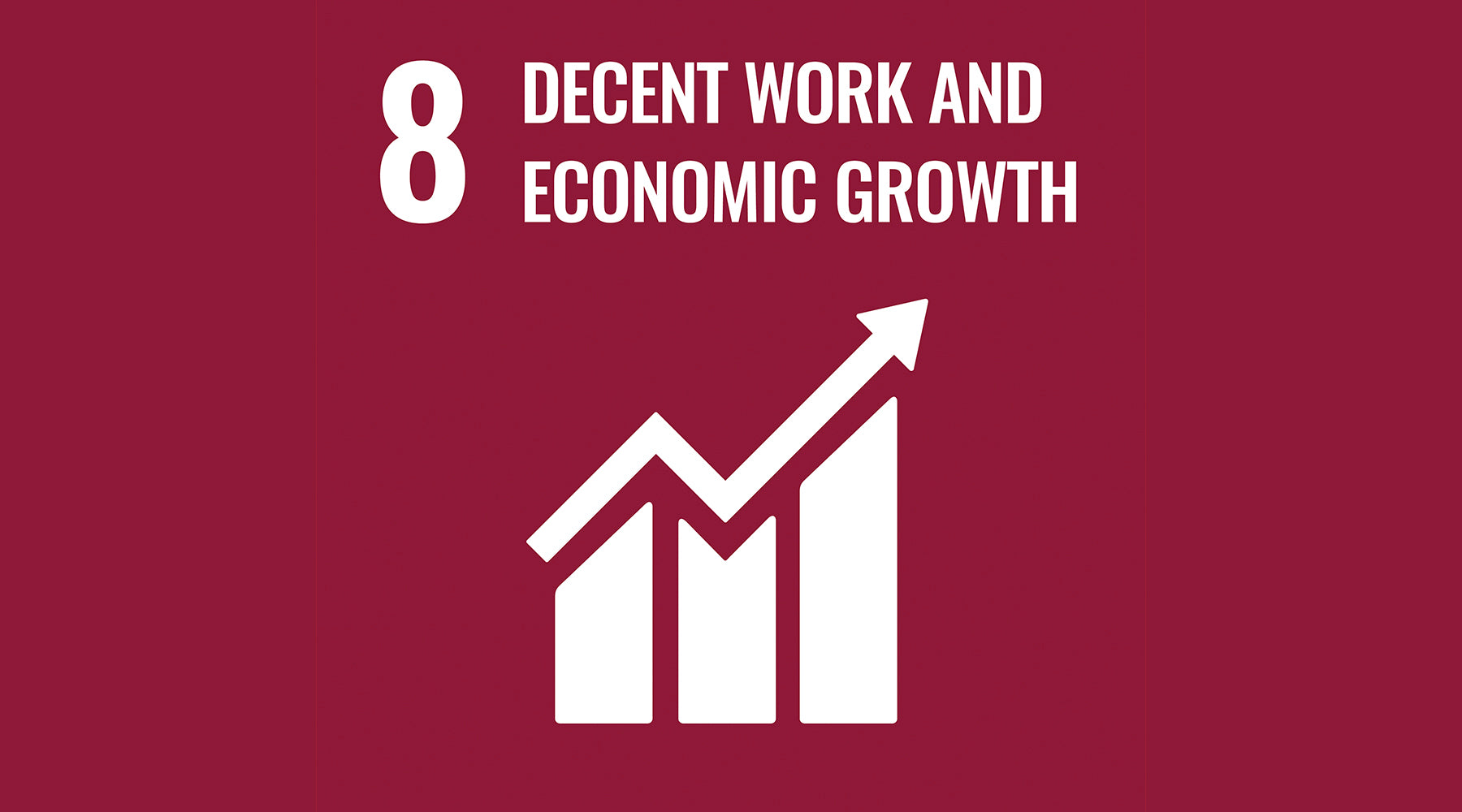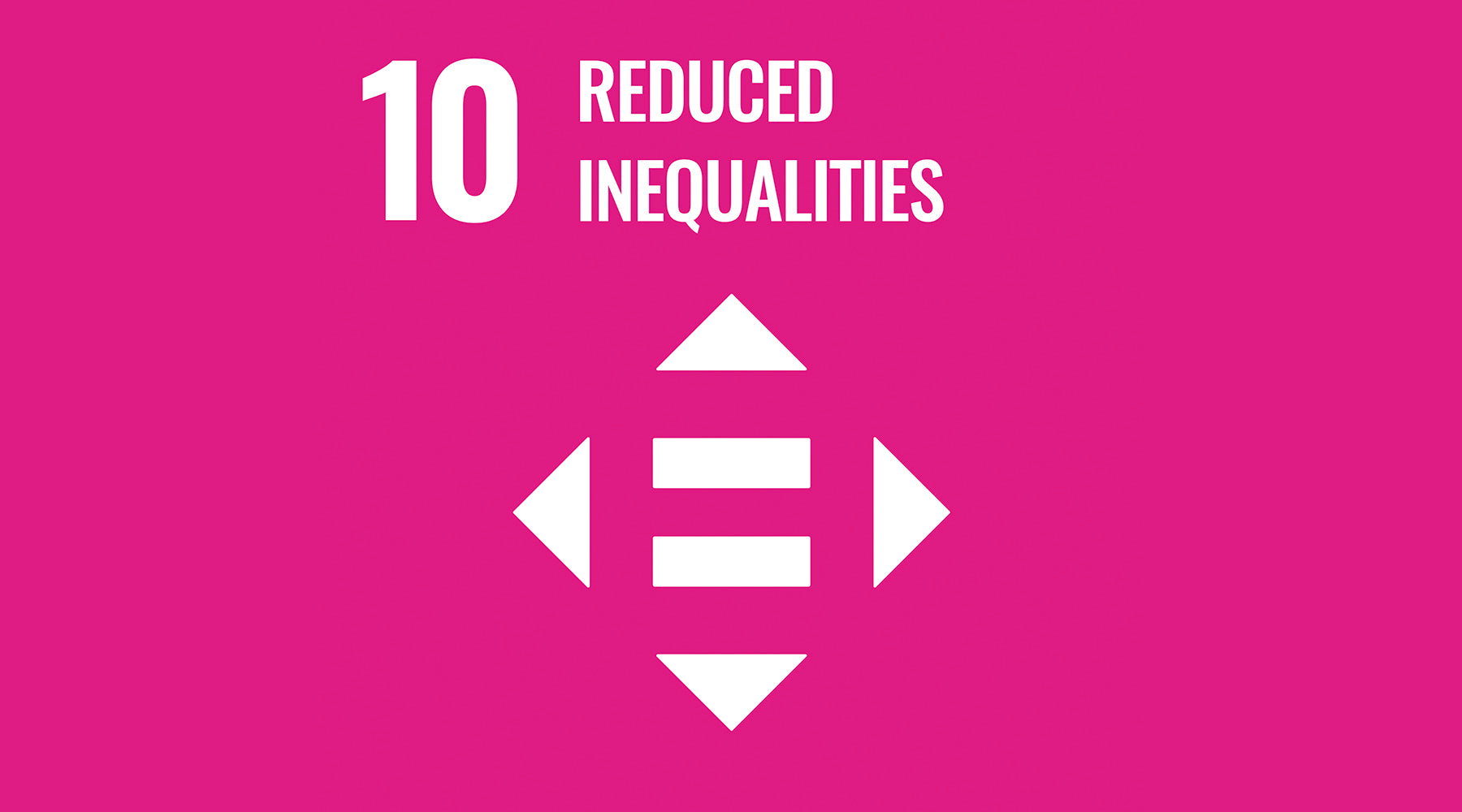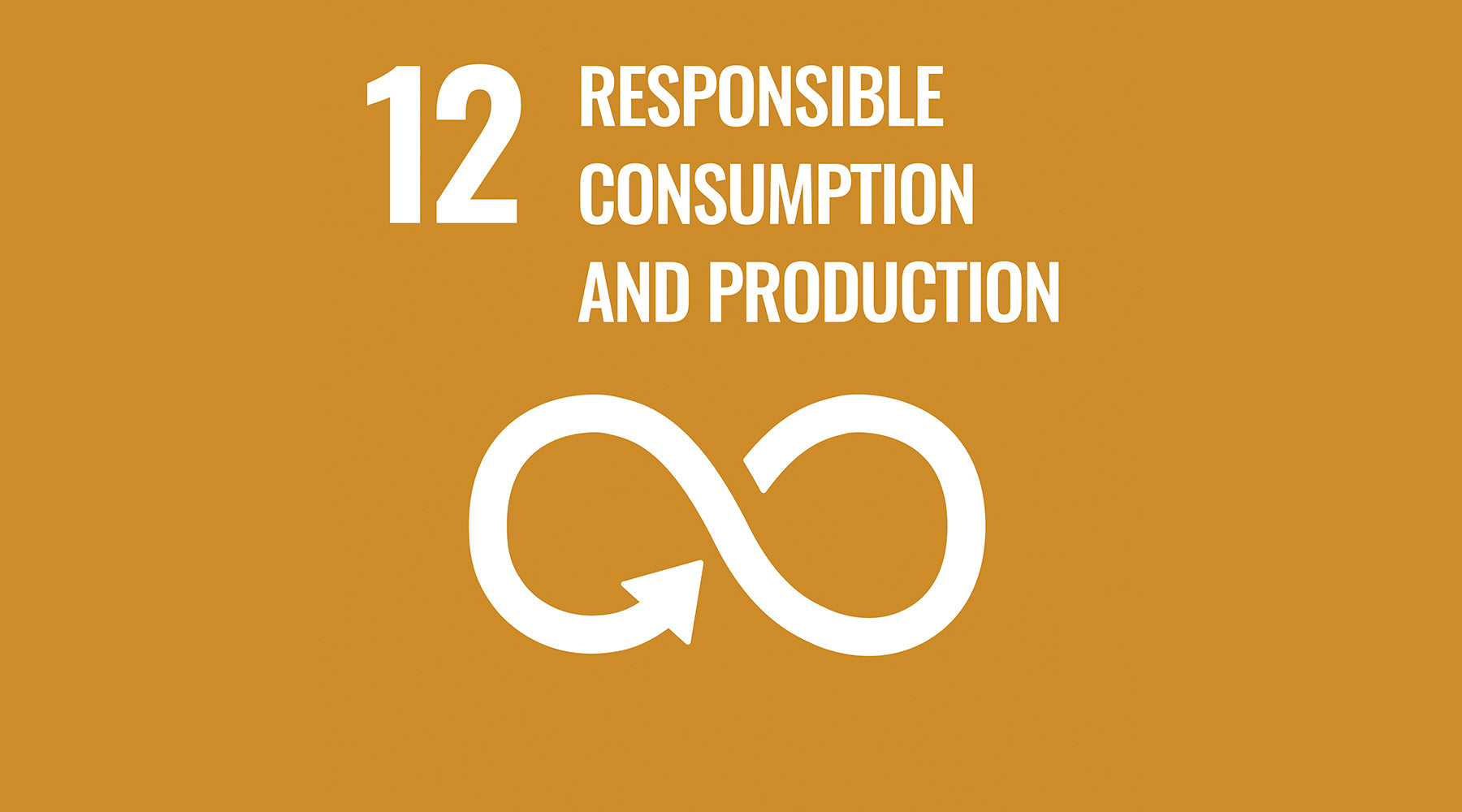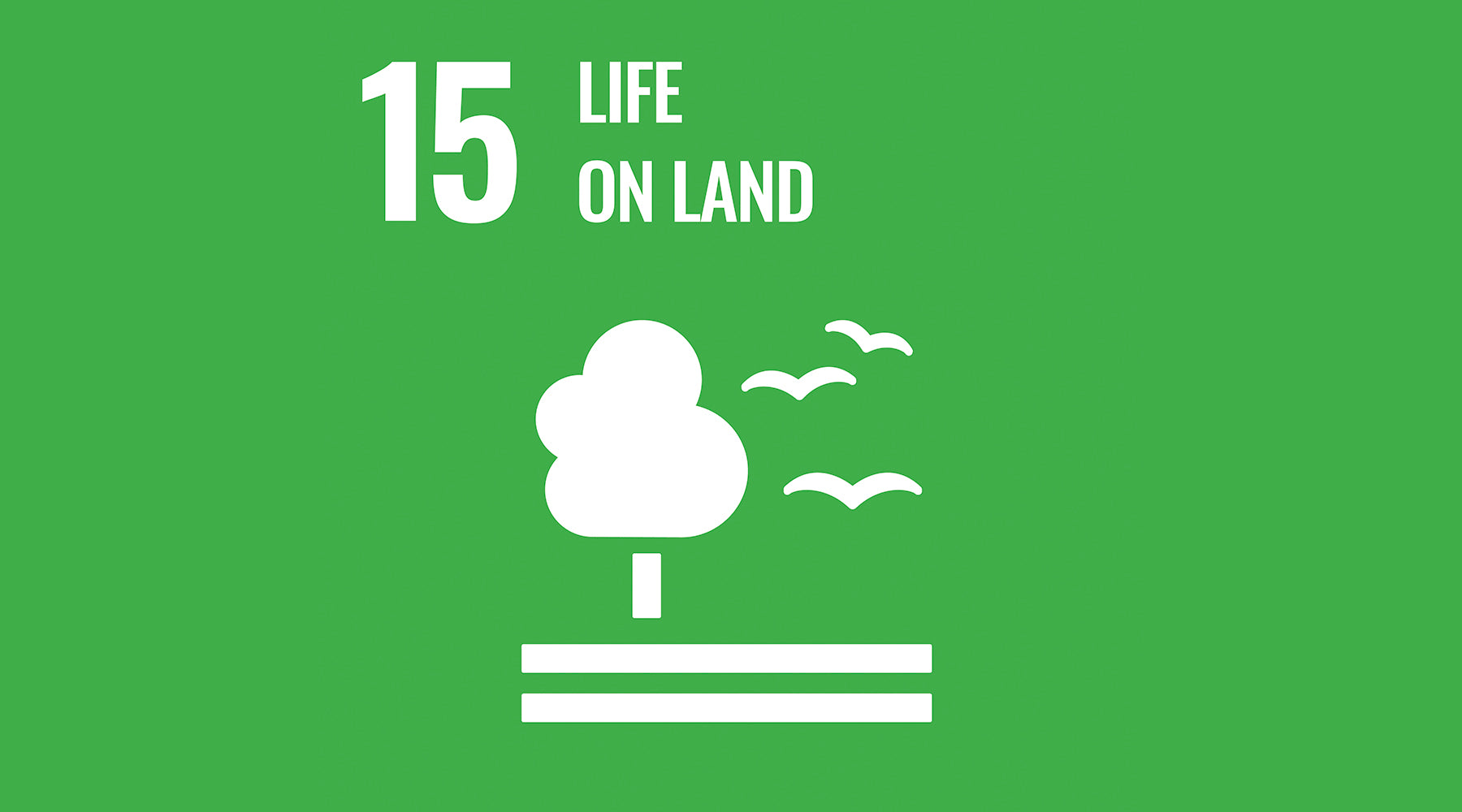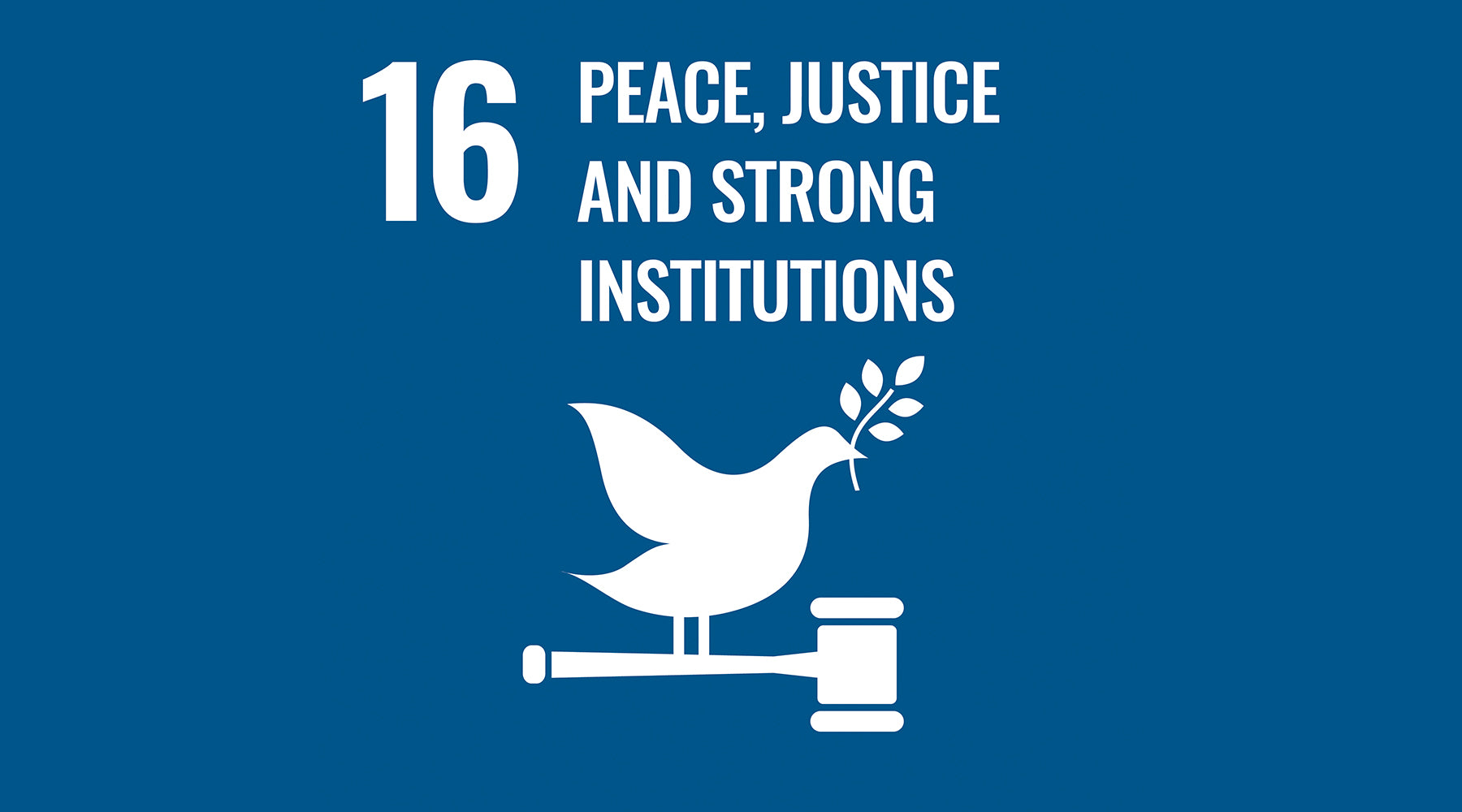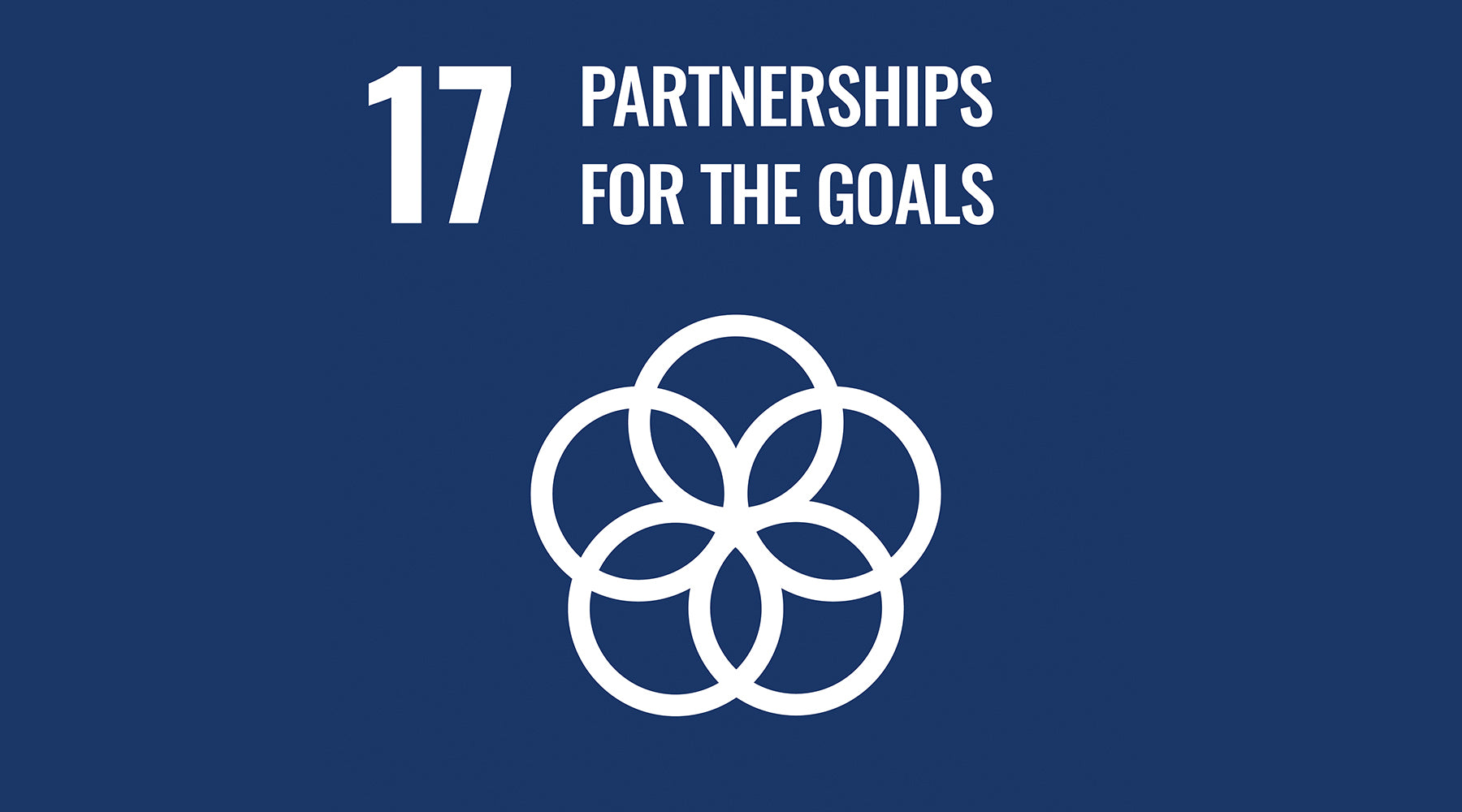As a social enterprise our mission is to produce high quality, affordable bamboo products that have social and economic benefits to people around the world. We contribute 15% of our profits to our foundation, The Yonso Project.
We use the United Nations Sustainable Development Goals to explain how we contribute to the world’s most pressing environmental, social and economic issues.
The UN Sustainable Development Goals are a collection of 17 global goals set by the United Nations General Assembly in 2015 for the year 2030. They are designed to help us all achieve a more sustainable future for all.
Our operations directly impact 10 of the goals. Read on to understand how.
Booomers works with local farmers who grow bamboo as part of their agro-forestry programs. They use the borders of their fields to grow bamboo. This reduces soil erosion and increases bio-diversity. It also means farmers receive additional income from land that would otherwise have not generated a financial return, ensuring their land use is more profitable and therefore more sustainable.
Our foundation, The Yonso Project, supports 100 scholarships every year for 70 primary school children, 30 senior school children and 10 university students. In 2016 we partnered with UNICEF to give bikes to 150 school girls that make it possible for them to travel to school every day. The Yonso Project has also built 8 libraries and 5 computer labs in local schools since 2007 helping over 3,000 school children. Now we are focused on building a model school in the Ashanti region of Ghana for 100 pupils from rural areas. We are recruiting teachers and will open the school in Q4 2019.
Our founder started Booomers to create jobs and sustainable economic development in rural Ghana. We are a growth-orientated enterprise and are proud to contribute to local economic growth as well as the activities of our foundation, The Yonso Project. Until 2019 we manufactured bike frames for our partners to assemble and sell as built bikes. In Q4 2019 we started to contribute to higher levels of economic productivity in Ghana by assembling built bikes in our factory for direct sale to the North American market.
The growth of our business does not contribute to environmental degradation because we work closely with local farmers to ensure we plant our bamboo in existing farmland and never clear indigenous forest. We are also replanting bamboo in deforested areas.
In 2019 we created 15 non-agricultural jobs. Of our 38 staff we employ 25 men, 13 women, 2 of whom have disabilities.
In 2019 we are training and employing 50 young people between 18 and 29 years old. We do not employ anyone under the age of 18 and are committed to equal pay for everyone in our employment. We have strict procedures in the factory and farming environment to ensure the safety of our staff. All workers are given protective clothing and tools including gloves, nose masks, goggles and protective shoes.
The heart of our business is about providing training and jobs for people who would not normally have access to employment. This reduces the need for young people to leave their villages for the city and can stay closer to their families. We believe this creates stronger local communities and improves the local economy as more young people are empowered economically.
Our bicycle frames are designed to have a low material footprint by using natural materials - bamboo, sisal and plant-based eco-resin. We use heat from solar power to dry bamboo and power our machinery. Our bikes have a long life span and customers who bought our bikes in 2014 are still happily riding them. In the longer term (15+ years) if left untreated outdoors the frames will break down and not contribute to landfill. Many customers who ride our bikes are making a clear, public statement about the use of sustainable materials for everyday objects and help to educate people around the world.
Our foundation, The Yonso Project has built 8 libraries and 5 computer labs in local schools giving 3,000+ school children access to knowledge and education. Our new school will be managed to encourage independence of thought and empower young people to actively engage in the management of their country at a local and national level.


